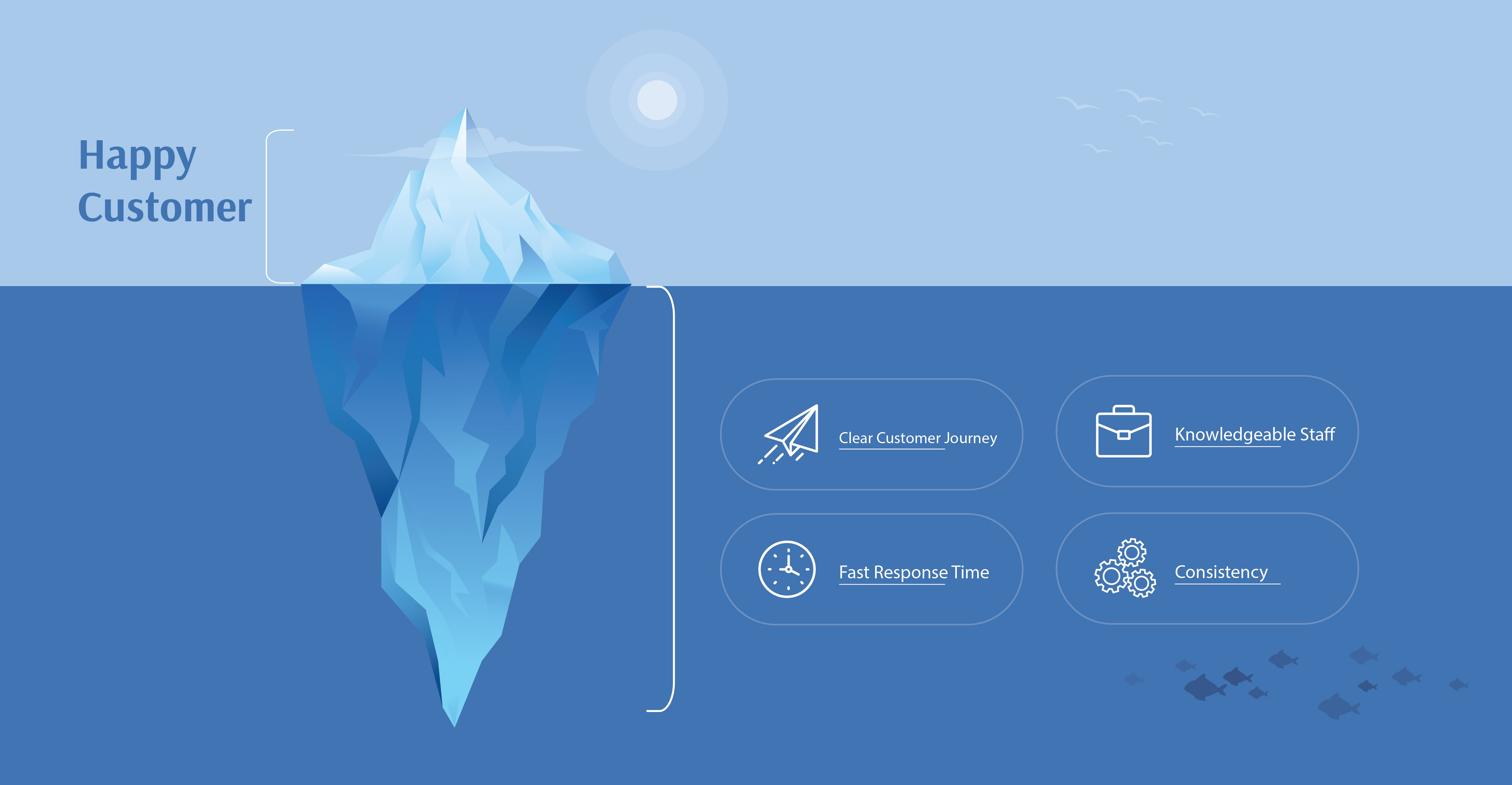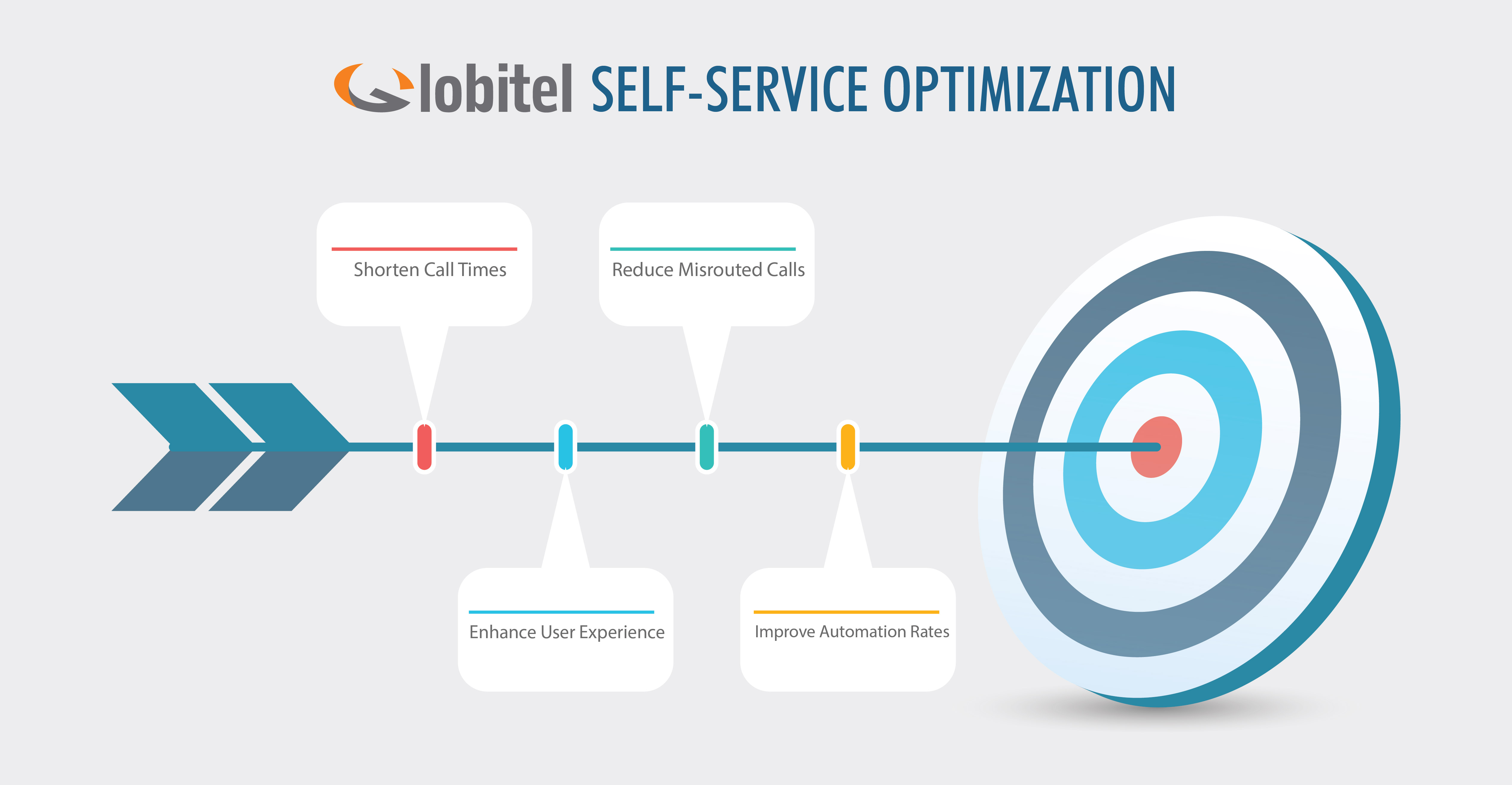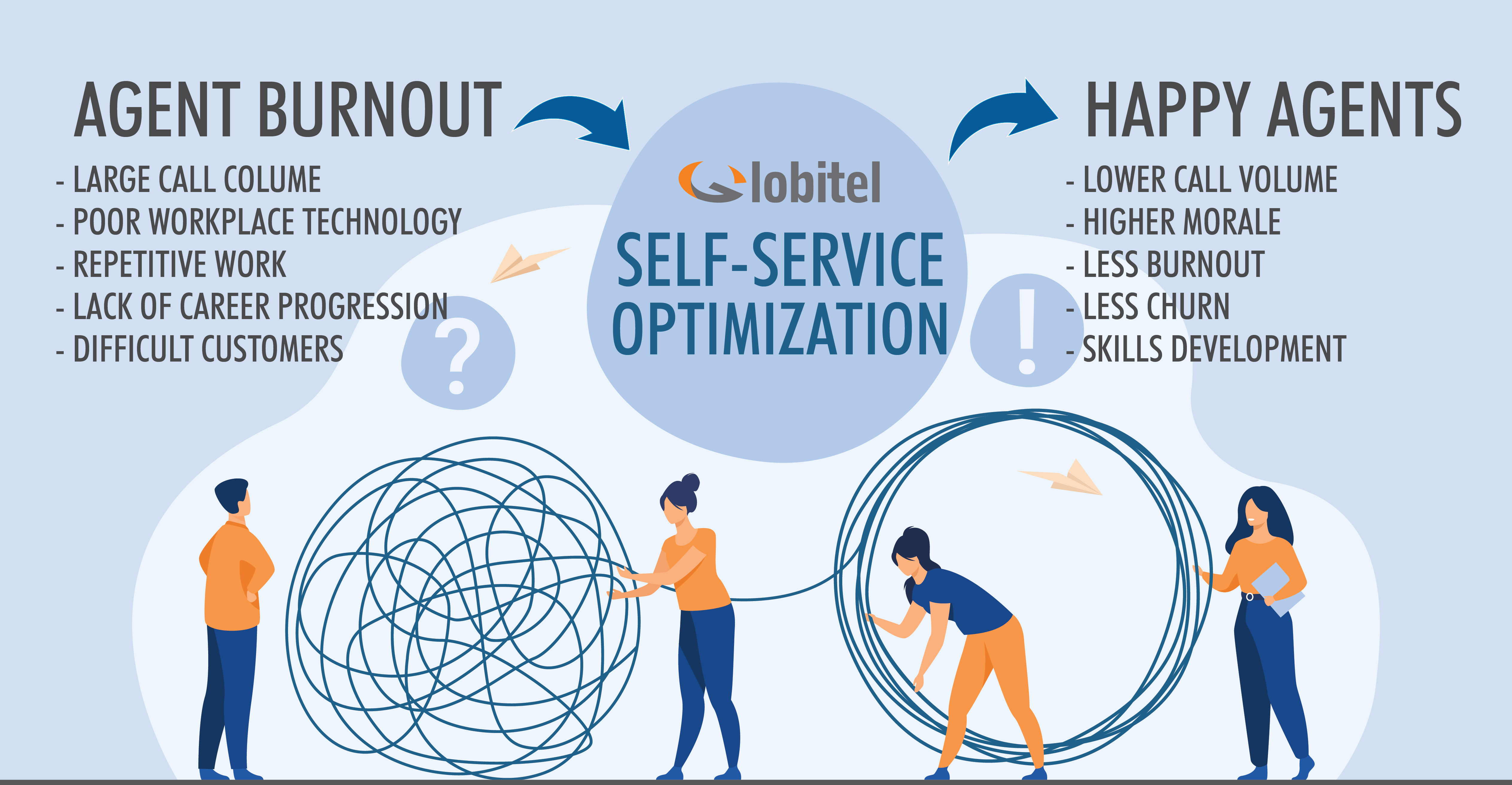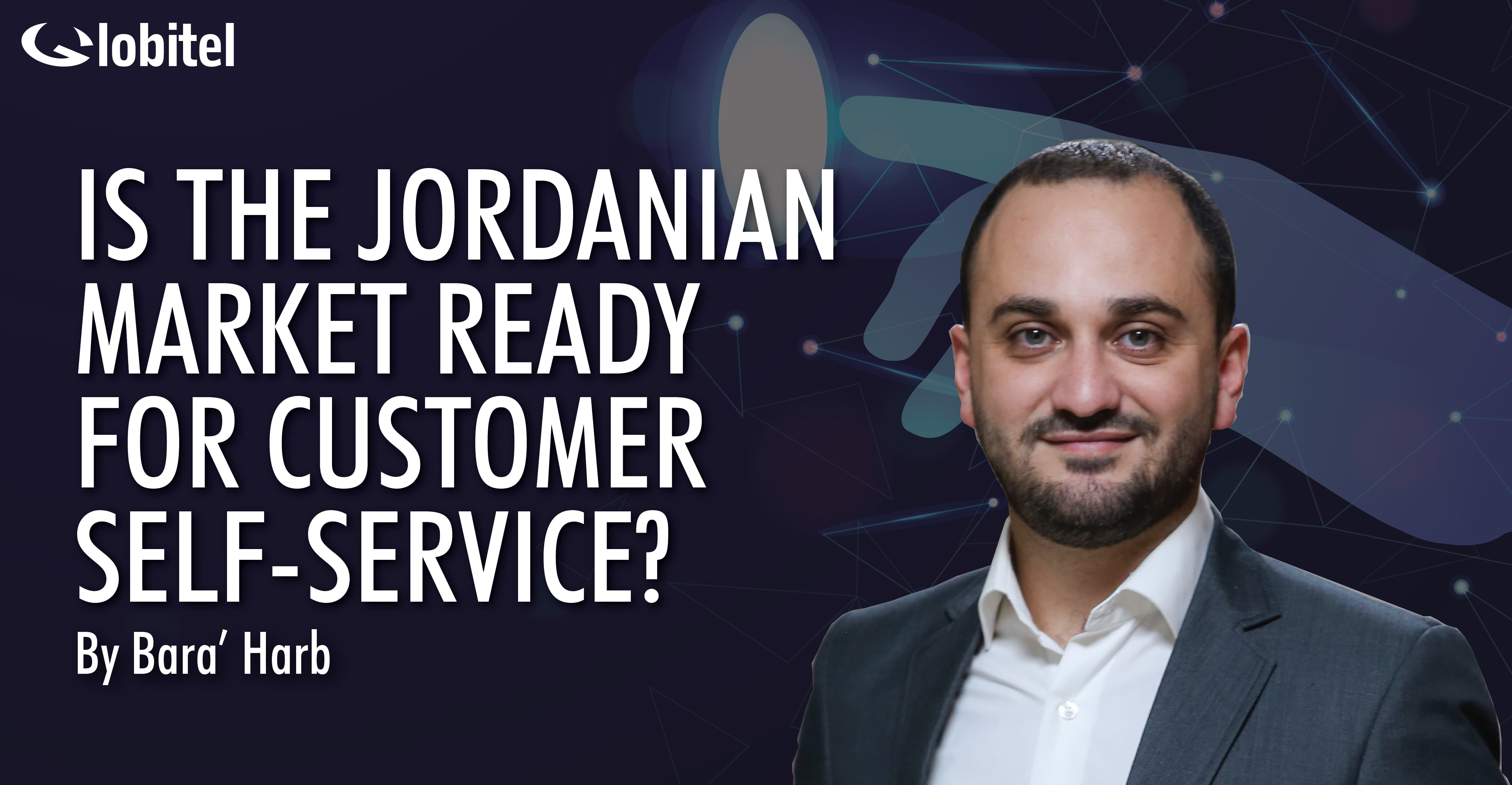Happy Customer Leads to Higher Returns
Business success depends on happy customers. Happy and satisfied customers are loyal and have bigger lifetime value. Keeping them is also cheaper than getting new customers. But while it may cost less to keep customers, it’s a whole other thing keeping them happy.
It’s not so easy these days to please customers with enormous expectations. They demand speed and ease for every little need they might have, and we can’t blame them; people’s lives move too fast that they can’t afford patience or slow service journeys.
The attributes of a successful Service Experience are many, most notably:
- Fast response time.
- Consistency across all touchpoints.
- A straightforward customer journey.
- Knowledgeable staff.

Self-Service Tools and International Reception
Self-Service takes many forms, such as FAQs, forums, knowledge base, etc. These self-service tools are the first service line for most customers who prefer to find the answer themselves. These self-sufficient customers only resort to a representative when they can’t find what they’re looking for.
85% of customer interactions could be handled without a human agent (e.g. Chatbot) by the year 2020. Source: Knowmax.ai
Self-service tools in many markets across many countries are not just “a nice thing to have” anymore, they are a requirement. International surveys that researched self-service reception among consumers found overwhelming support for self-service tools.
Self-service works well for many business leaders who prioritize smart strategy in customer service, and want to cut costs, and increase customer satisfaction. Research found that by adding self-service, companies could see between $1-3 million in annual savings (Source: Accenture).
Across industries, 81% of all customers attempt to take care of matters themselves before reaching out to a live representative. Source: Harvard Business Review
This all seems to be too good to be true because it is; the expansion of self-service tools has spiraled out of control and produced complex processes which became too much of a hassle for customers who would otherwise prefer self-service tools. This led to the birth of Self-Service Optimization.
Self-Service Optimization (SSO)
A Self-Service Optimization solution provides contact centers with the ability to gather customer inquiries through voice or text commands based on Natural Language Understanding (NLU). It then applies rules to route it to action (Action-based Steering) or agent (Skill-based Steering) best fit to resolve the issue.
In their own language, the customer describes their need and is instantly directed to the agent or action best suited for that particular customer. This greatly reduces the complexity of the service journey by the incredible utility of advanced technologies readily available today. Also, all of this data is not wasted as artificial intelligence technologies begin to use this data to improve its own processes, and with time, businesses can minimize steering errors and enhance the customer service.
Globitel has created an SSO product that aims at accomplishing 4 important goals; shorten call times, reduce misrouted calls (the solution steers customers to their destination with speed and accuracy), improves automation rates, and enhances user experience. All of these lead to the most important asset; a happy customer.

Self-Service in the Jordanian Market and Agent Employment Security
In Jordan, self-service channels have taken off in recent years. Umniah, for example, set up self-service machines in late 2020. One of the largest banks in Jordan, Arab Bank offers self-service branches across many locations. This is only the beginning, and as expectations and needs arise, so will the need for speedy services without waiting for the assistance of representatives that are already overworked.
You might ask, “But my employees and agents may worry that self-service optimization could jeopardize their job security.” But agents play a critical customer engagement role in the new self-service world.
Self-service might change their role in customer engagement, but it doesn’t eliminate it. Here’s how; customer service industry can be draining. Agents often answer the exact same questions hundreds of times. But self-service can help. By allowing customers to self-serve online, the number of inquiries agents handle, drops.
With more time available for product training and skills development, agents can tackle more significant challenges at work. This leads to higher morale, less burnout, and a lower churn rate.

When your customers need to connect with a contact center agent, they want that agent to give them solutions, an experience, not just information. In a self-service world, businesses foster more empowered agents who tend to customers better.
Agents now have more time available to serve each customer, and they want to serve them well. Empowering agents with more control and independence can more quickly, efficiently fix customer issues and resolve customer complaints. Agents inevitably become better ambassadors for brands.
The human connection is indispensable with or without self-service tools. When customers need agents, they provide a whole experience. With self-service, your agents can clear their queues, spend more time on activities that deliver higher value to customers, while customers themselves happily self-serve for basic needs.
The Robot Way?

Last but not least, technologies and specifically the improvement of AI will be the future of customer service. Self-service will improve with the ability of AI and robots to learn and recognize patterns. But on the other hand, using Natural Language Processing (NLP) will power the customer service solutions through more advanced conversational service automation and also become able to anticipate customer needs using conversational and data analytics.
These powered services can detect patterns in conversations to understand and recognize topics and also respond based on a variable logic that will provide more human-like complex services (e.g. Alexa and Siri) that any self-service may not cover.
This will transform the customer service to an even greater degree, which achieves a better customer experience by saving customers’ time and empowering them with the information and tools they need while reducing the costs for vendors and enhancing the agents’ work.
About the Author
Bara’ Harb is a product manager at Globitel for over a decade with comprehensive experience in product management in the telecom and customer care industry. As a graduate in Electrical and Computer Engineering/Telecommunications, he began his journey as an engineer and soon evolved to be on the creative and commercial end of product development.
His experience in both fields contributed to a significant understanding of market needs and trends. He also acts as an Executive Board Member at ibTECHer, an entrepreneurial project aimed at finding the best ideas relevant to the industry. He was a chosen candidate for the position due to his propensity for entrepreneurship and innovation.


